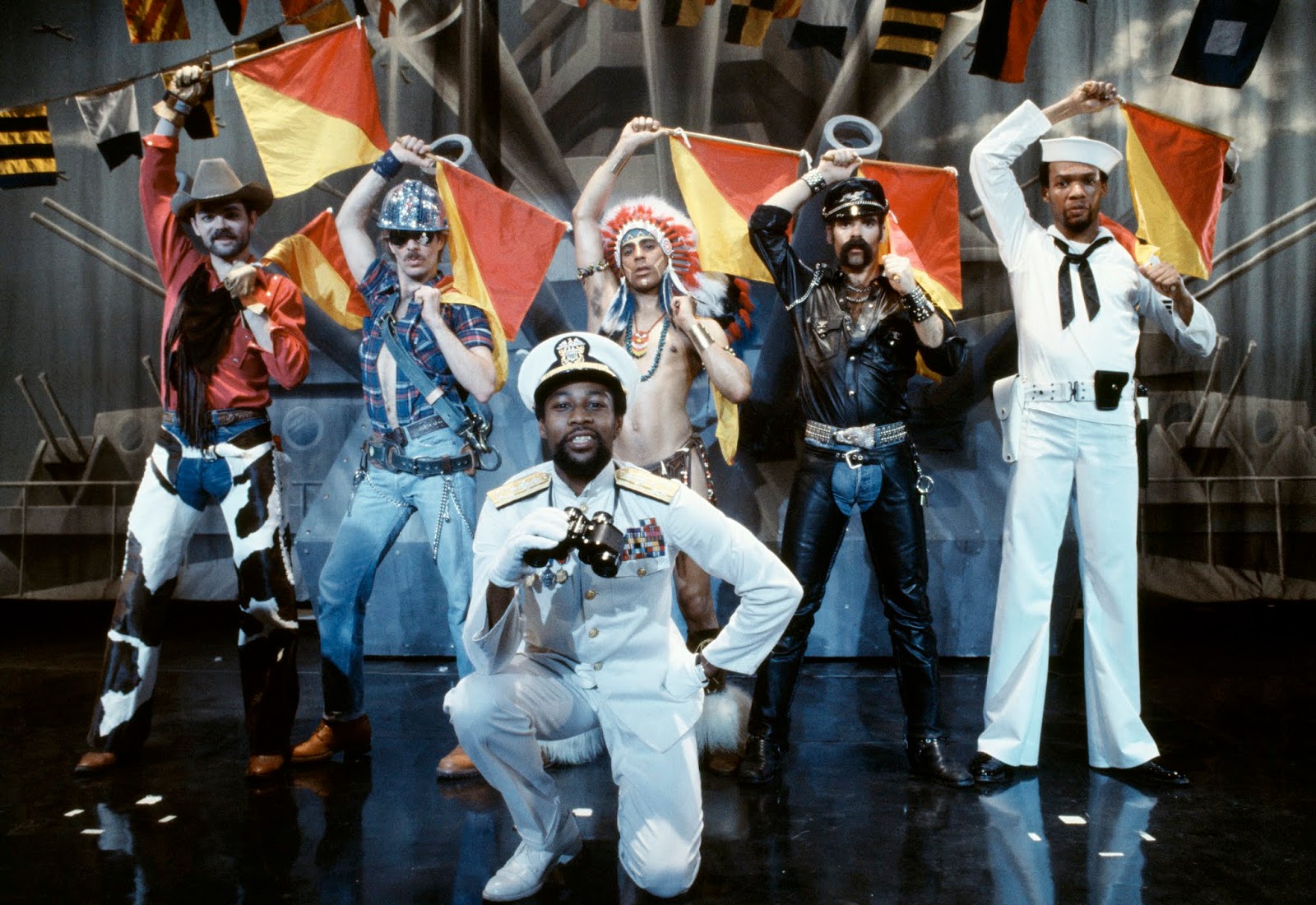My Original Stuff

OK, it's all my original stuff when you visit here. But as they say, some stories are more original than others (nobody actually says that). Rather than one of my typical rants, screeds, or whiny complaints, however, this piece is a (relatively) serious short story I wrote for a writing contest on Vocal ( Ship of Dreams ): Sorry, it's been a while since I posted. I swear I'll be better from now on. That is all. I hope you check it out and maybe even like it: COLD STORAGE (Note: The theme of the contest is the Titanic. But don't worry; it's not a love story, and none of the protagonists are named Rose. I believe there is a contest entry that goes down that rabbit hole, though, if you're interested.)

